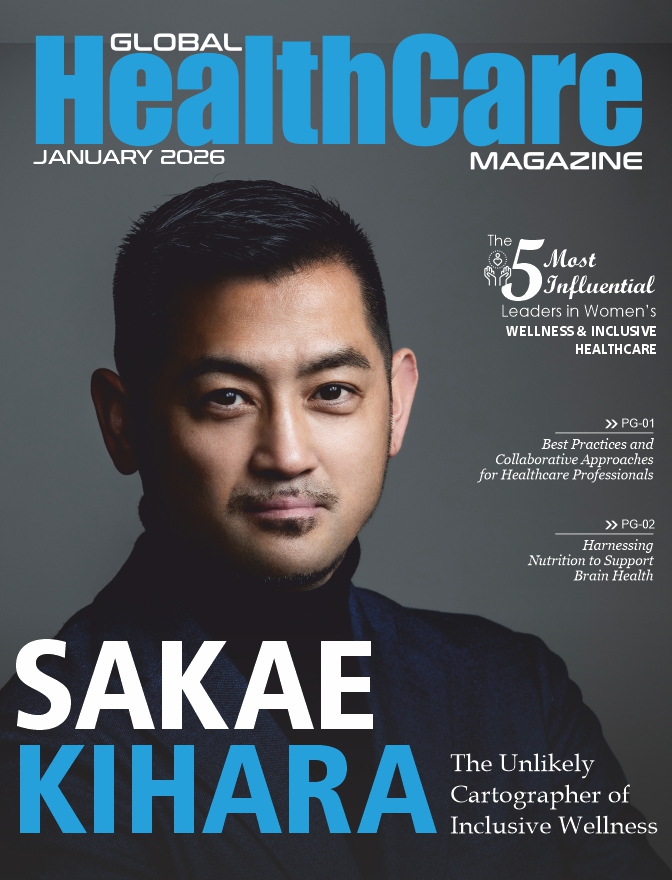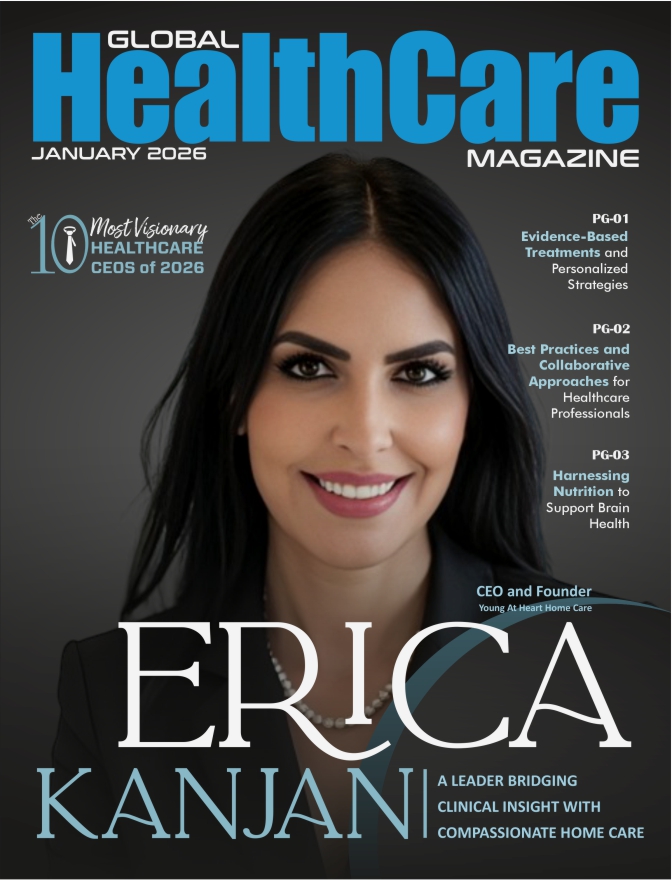In a strong move for patient rights, Martha’s Rule will be introduced in every hospital across England, delivering acute or short-term treatment. It is a system that allows families to seek urgent second opinions when concerned about their family’s care.
The initiative started after the tragic death of 13-year-old Martha Mills, who died in 2021 due to severe failures in her care at King’s College Hospital, London. Her parents’ efforts in the campaign resulted in the creation of a telephone helpline, which was implemented in 143 hospitals since April 2024.
This rule represents a major step forward in improving healthcare transparency, accountability, and patient empowerment. This puts England forward with a growing global movement focused on patient safety.
A Global Conversation on Patient Rights
The launch of this Rule highlights a broader international conversation about how health systems can better involve families and patients in critical decisions. Preventable medical errors remain a leading cause of death all around the world.
According to the World Health Organization (WHO), nearly 1 in 10 patients are harmed in healthcare settings globally, with 43 million adverse events occurring annually. Most of these cases are preventable through improved systems and patient engagement.
Health systems in countries like Australia, the United States, and Sweden have introduced similar measures:
- In Australia, the “Ryan’s Rule” gives families the right to escalate concerns about a patient’s condition.
- Several U.S. hospitals have implemented Rapid Response Teams, allowing patients and families to request urgent evaluations.
- Sweden emphasizes transparency by providing accessible patient records and independent complaint mechanisms.
Martha’s Rule positions England alongside these nations, ensuring families play an active role in safeguarding patient outcomes.
Martha’s Rule Empowers Families
The rule addresses a long-standing problem that families often feel powerless when they believe something is going wrong with their loved one’s treatment. Many cases of preventable harm or death occur because concerns raised by families are not acted upon quickly enough.
“We hope Martha’s Rule will ensure no other family has to go through what we did,” said Martha’s mother, Merope Mills, in a public statement. “Families bring unique knowledge of their loved ones, and their voices must be heard.”
Under the new system, patients and families can call a dedicated hotline, triggering an urgent review by a specialist medical team separate from the ward staff. This immediate second opinion helps detect early warning signs that may otherwise be missed.
Building Trust and Accountability in Healthcare
Healthcare leaders emphasize that the rollout of this Rule is not just about preventing tragedies but also about restoring trust between patients, families, and health systems.
By institutionalizing this right, hospitals are encouraged to listen to families as partners in care, reducing the risk of conflict and litigation. This approach also aligns with international best practices, where patient-centered care is a cornerstone of quality healthcare.
Challenges Ahead
While the rule has been widely praised, experts note several challenges,
- Awareness: Families must be informed about their right to use Martha’s Rule, especially in urgent and stressful situations.
- Training: Hospital staff need proper training to respond effectively and sensitively to calls.
- Cultural Change: Shifting from a traditionally top-down medical culture to one that fully embraces patient involvement will take time.
Martha’s mother added that “more importantly, it has highlighted the need for a different, more equal kind of doctor-patient relationship in the country.”
Global Implications for Patient Safety
This Rule is likely to inspire other nations to evaluate their systems for handling family concerns. With growing awareness of medical errors as a global public health issue, policies that encourage transparency and empower families are gaining momentum.
The WHO has even called for a “global patient safety action plan”, urging countries to reduce avoidable harm through innovations like independent escalation pathways.
If successful, the rule could serve as a model for other countries, especially those with strained healthcare systems where patients often struggle to be heard.
A Lasting Legacy
For Martha Mills’ parents, this initiative represents a deeply personal victory but also a collective step forward for patients everywhere.
Their campaign has transformed a devastating loss into a legacy of systemic change, ensuring that families no longer face silence or dismissal when they raise life-saving concerns.
As this Rule takes effect nationwide, it reinforces a simple but powerful principle that listening to patients is the start of a safety measure.
Conclusion
The national rollout of Martha’s Rule marks a historic moment for England’s healthcare system, while also contributing to the global movement for patient rights and safety. By empowering families to act, it sets a precedent for other nations to follow, potentially saving thousands of lives worldwide.













